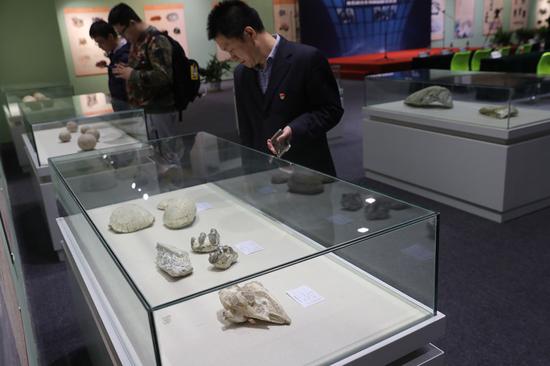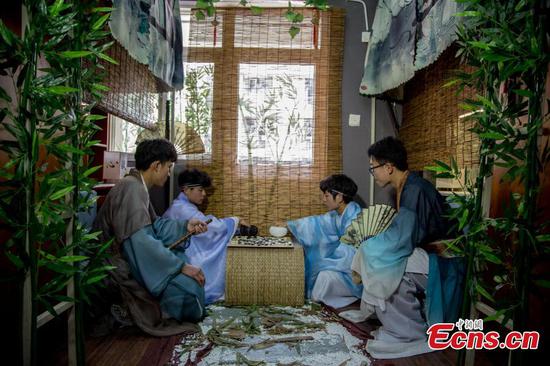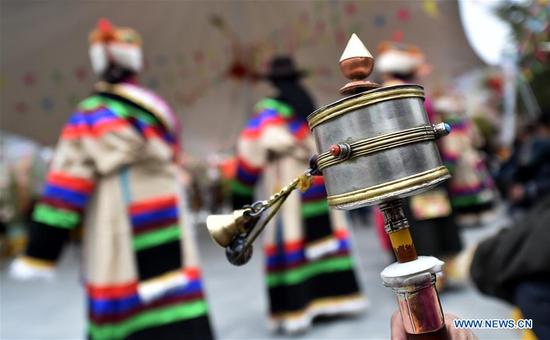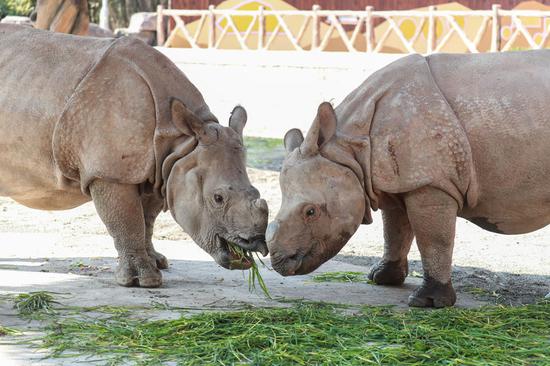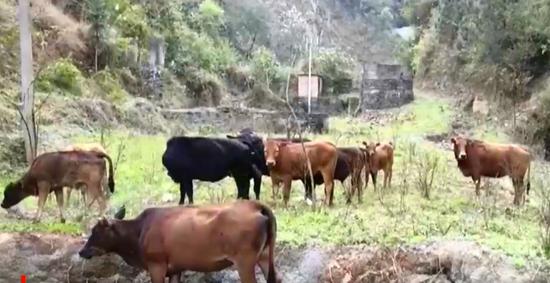
Nyima Tsering, from the Tibet Archives in Lhasa, checks documents from the former government of Tibet. (PALDEN NYIMA/CHINA DAILY)
In the Tibet Archives in Lhasa, the regional capital, China Daily reporters saw several documents from the former government of Tibet that recorded such trades, along with several petitions from serfs begging for their taxes to be reduced and a list of people required to provide free labor.
"My father had no control over his fate. All he could ever do was to survive. It's really hard to imagine life in such a society," Pagor said.
Zhang, from the China Tibetology Research Center, said: "Of course, the majority of the landlords and serf owners didn't want the social system to change because they didn't want to lose their power and privileges. However, a small number of them had started to notice that the old system barely allowed Tibetan society to function, let alone develop."
The serfs had no incentive to work, so productivity was extremely low, and the accumulated and ever-growing heavy debts imposed on them were impossible to repay, no matter how hard they worked. As a result, many fled, leaving the land unattended, despite knowing that they would face punishment when caught, according to Zhang.

A slave is forced to work in chains in the age of serfdom. (XINHUA)
"To punish them, cruel torture methods were introduced, such as skinning people alive and gouging out their eyes. Such cruelty is rare in the world," he said. "What's more, these punishments were often ordered randomly by the serfs' owners."
The population declined in some parts of Tibet. A document from Khesum village in Lhokha city, where Khesum Manor once stood, shows that when the Surkhang family built the house in the 17th century, 606 serfs belonged to the manor. About 300 years later, the number had fallen to 302.
Dewa, 82, was born a tralpa of Khesum Manor. She started working on the farmland when she was just 8 years old. "My family had to give almost everything we harvested to the manor. We starved most of the time. If we didn't hand in enough highland barley, our land would be taken back and we would become house slaves or have to beg," she said.
The mother of seven still feels heartbroken when she remembers the moment the master took her brother away and sent him to another manor: "We could do nothing but cry inside."
Guo Kefan, a researcher at the Tibetan Academy of Social Sciences in Lhasa, said most Tibetans had experienced severe oppression for a very long time, but they showed little resistance, largely because of their religious beliefs.
"They believed their current life was a punishment for bad behavior in a previous life, so they deserved to serve the masters. If they weren't willing to endure the hardship, they would continue to receive punishment in the next life," he said.
"Reform in Tibet had to come from the top. With the exception of a few aristocratic families who accumulated their wealth by becoming involved in trade with India in the early 20th century, the others had to exploit the serfs ever harder to maintain their lifestyle."















